
AeroGenie — Uw intelligente copiloot.
Trending
Categories
Dubai Airport Introduces AI-Powered Corridor for Faster Immigration Clearance
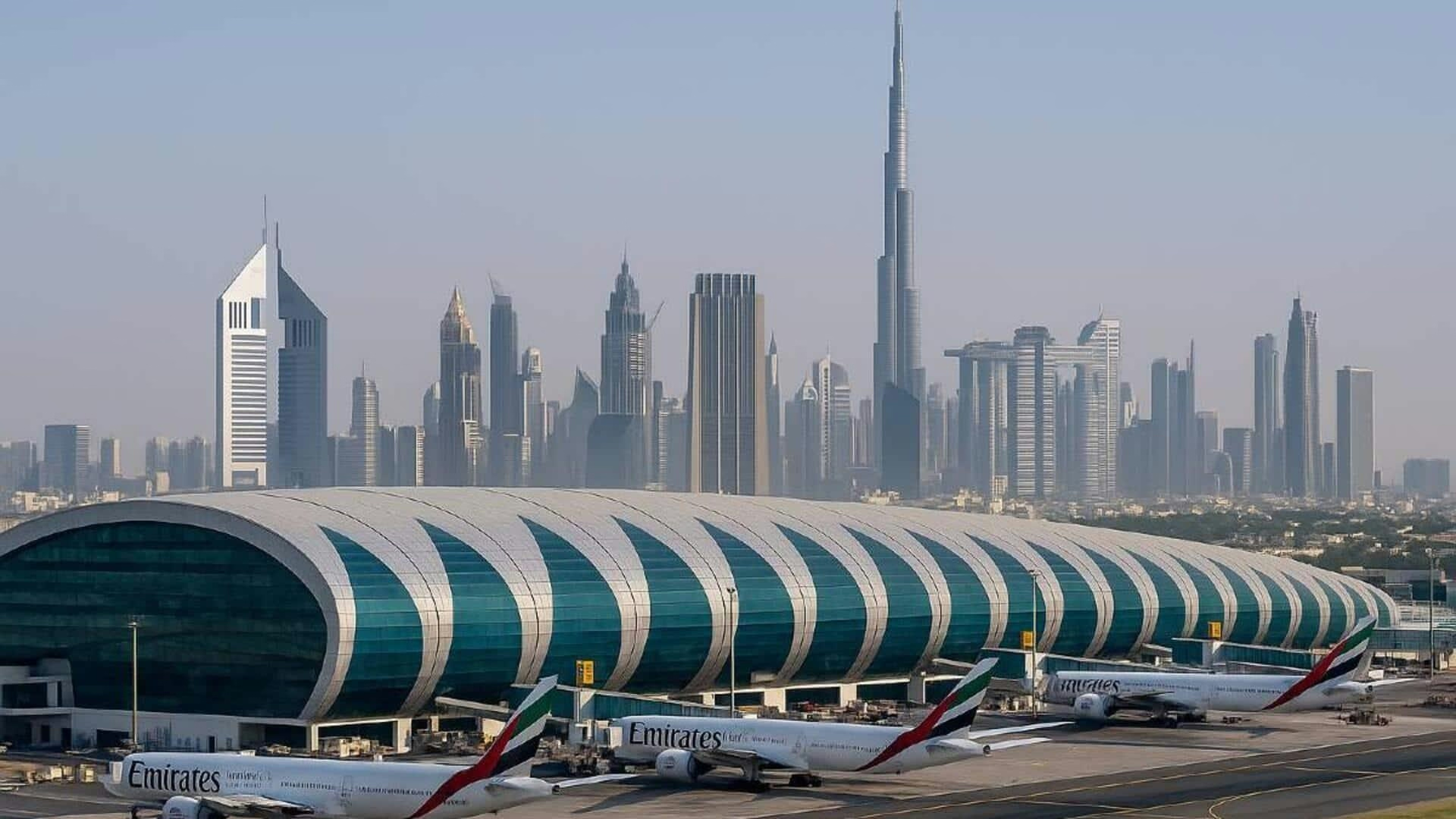
Dubai Airport Launches AI-Powered Corridor for Expedited Immigration Clearance
Dubai International Airport (DXB), recognized as the world’s busiest hub for international travel, has introduced an innovative AI-powered passenger corridor designed to expedite immigration clearance without the need for physical documents. This development forms a key component of Dubai’s “Travel Without Borders” initiative, marking a significant advancement toward a seamless, passport-free travel experience.
A New Era in Immigration Processing
The newly unveiled corridor allows enrolled passengers to bypass traditional passport counters and boarding pass scans by simply walking through a designated passage. Utilizing advanced facial recognition technology combined with pre-registered biometric data, the system verifies identities in as little as four seconds. It is capable of processing up to ten individuals simultaneously, dramatically reducing wait times. Lieutenant General Mohammed Ahmed Al Marri, Director General of the General Directorate of Residency and Foreigners Affairs (GDRFA-Dubai), highlighted that this innovation eliminates the need for conventional passport checks, smart gates, or physical inspections.
The AI system operates by pre-checking passenger data prior to arrival at the corridor, continuously cross-referencing biometric records to authenticate identities in real time. Any irregularities or suspicious cases are immediately flagged for expert review, ensuring that security remains uncompromised while minimizing delays. Initially, this technology is available in Terminal 3’s First and Business Class lounges, with plans for broader implementation under Dubai’s “Unlimited Smart Travel” program.
Building on Previous Innovations and Addressing Challenges
This initiative builds upon DXB’s earlier introduction of a “smart tunnel” in 2020, which allowed passengers to pass through a biometric scanning zone as an alternative to traditional counters. The new AI-powered corridor aims to further reduce bottlenecks and transform the travel experience by embedding identity verification seamlessly into the passenger journey.
Despite its promise, the rollout of such advanced technology presents several challenges. The initial costs of implementation, integration with existing airport infrastructure, and ensuring the accuracy and reliability of AI-driven checks are significant considerations. Additionally, concerns regarding data privacy and the management of sensitive biometric information have been raised, with some industry observers expressing skepticism about the extent of efficiency gains.
The introduction of this technology at DXB is expected to influence competing airports, potentially accelerating their adoption of AI solutions or prompting enhancements to existing immigration processes to maintain competitiveness in passenger satisfaction. This trend reflects a broader global movement toward integrating artificial intelligence across various sectors, from agriculture certification to financial trading.
For Dubai International Airport, which handles over 80 million passengers annually and has held the title of the world’s busiest international airport for 11 consecutive years, the AI-powered corridor represents both a technological milestone and a strategic step toward a future characterized by faster, more secure, and increasingly frictionless international travel.

Vietnam Airlines Sells Airbus A321 Fleet to Arena Aviation Capital in Record Deal
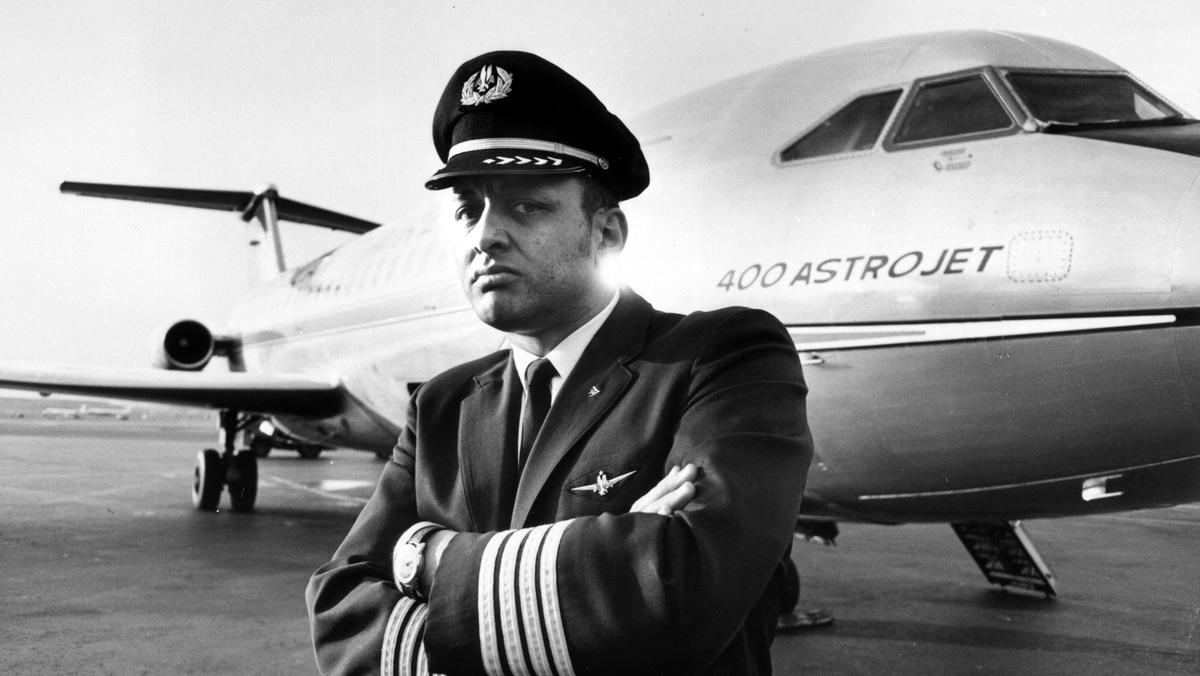
American Airlines at 100: A Century of Innovation in Global Travel
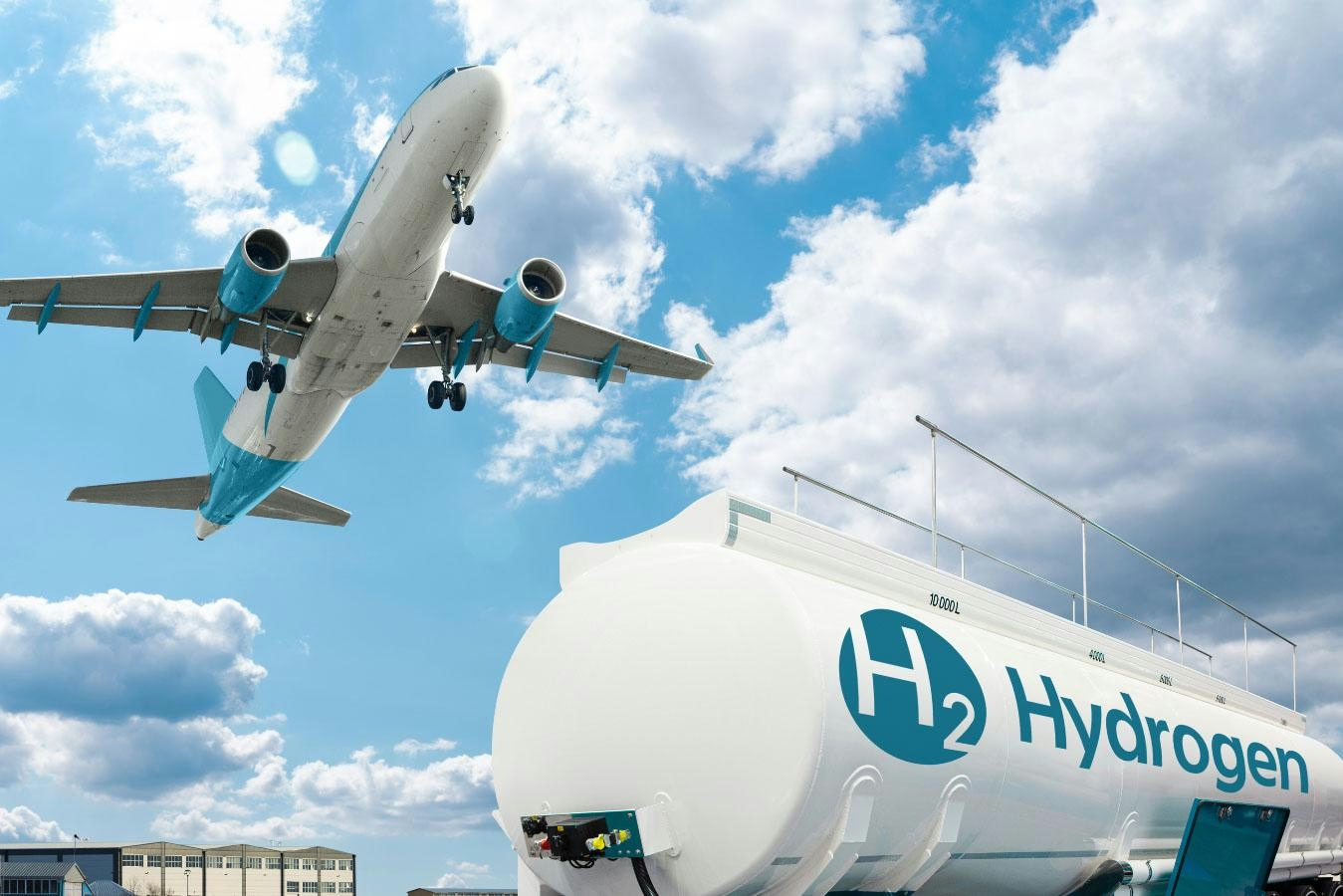
Hydrogen Combustion vs. Fuel Cells: Evaluating Options for Aviation

ANA Introduces The Room FX Business Class on Boeing 787 Dreamliners

New Three-Cylinder Engine Features Rotating Block and Stationary Head
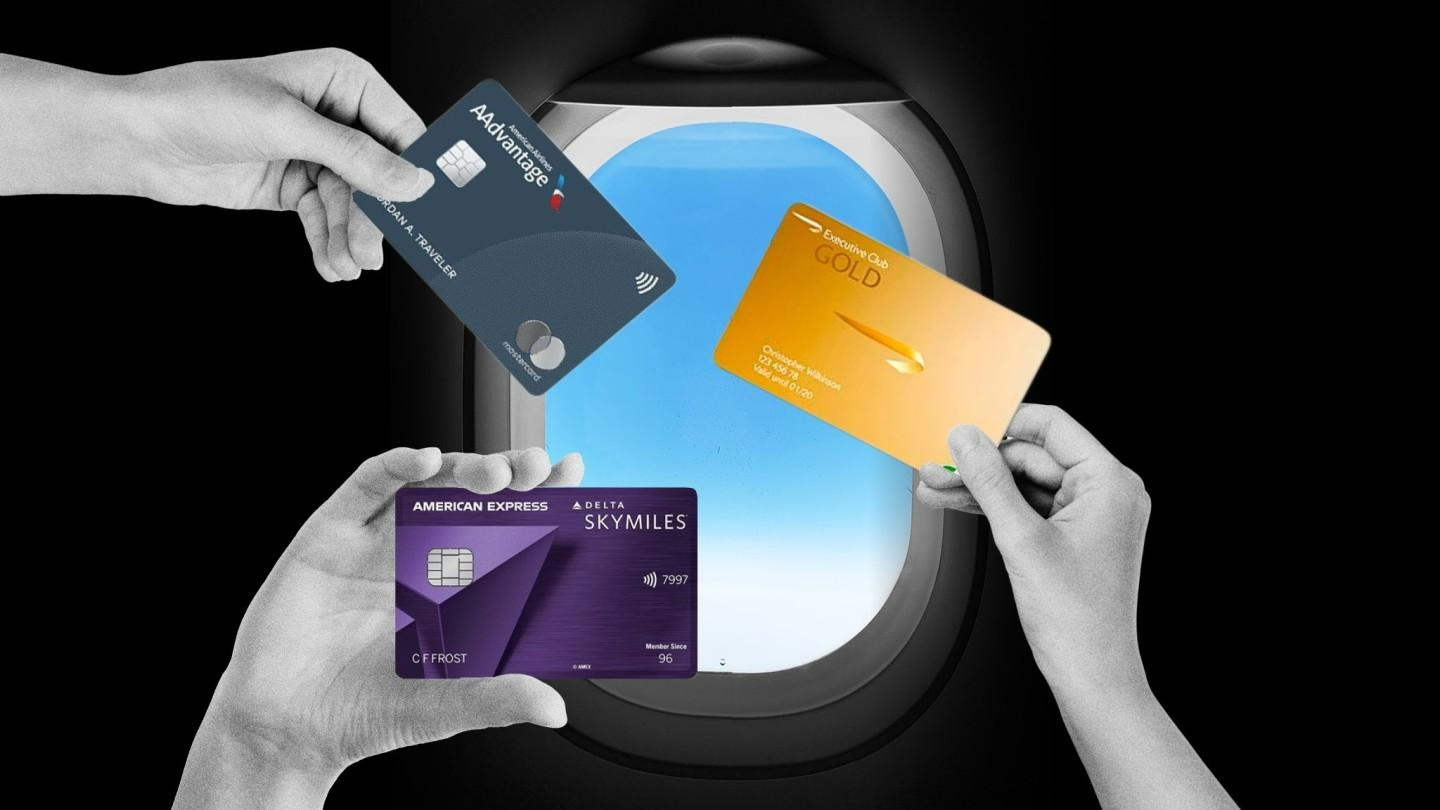
Credit Card Rewards Compete with Airline and Hotel Loyalty Programs

ExecuJet MRO Installs Starlink on Falcon 8X
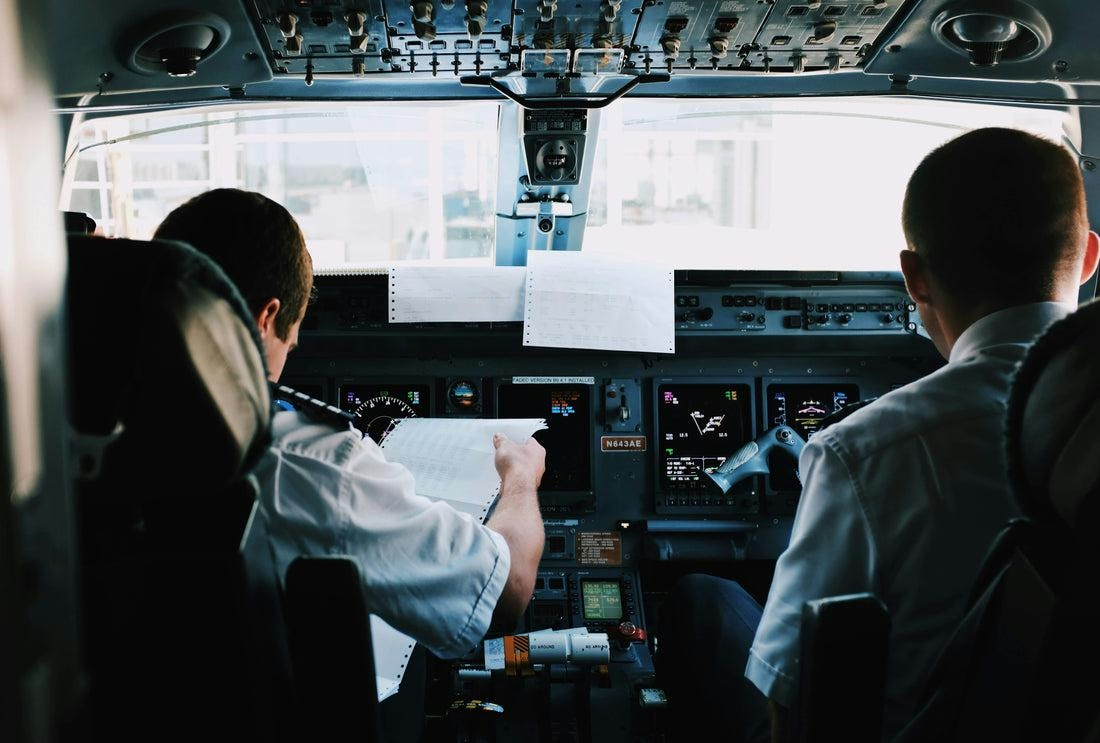
New Airlines Confront Supply Chain and Staffing Challenges
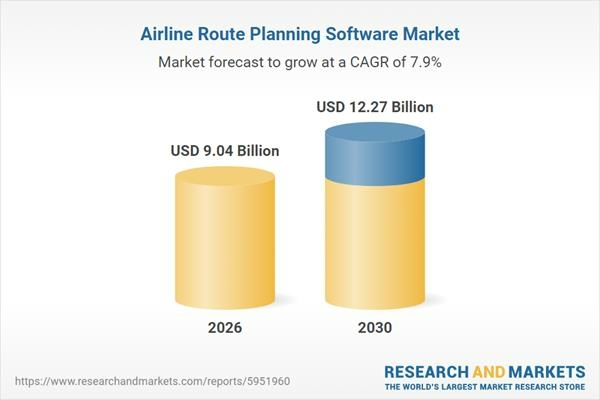
Global Airline Route Planning Software Market Forecasts Through 2035
